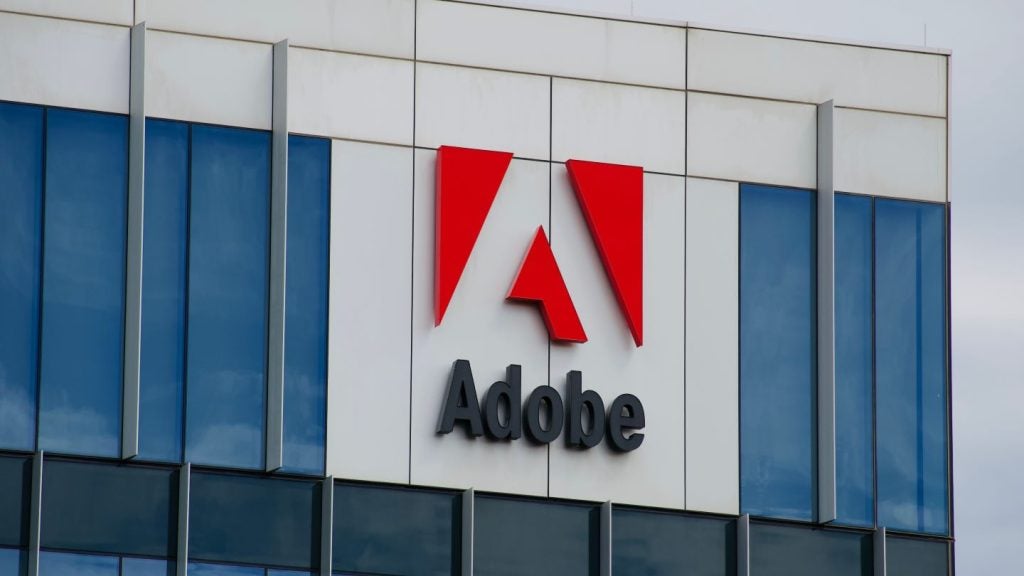
Singapore-based Ample Transfers has received in-principle approval from the Monetary Authority of Singapore (MAS) to expand its regulated payment services.
The approval, granted as part of a licence variation application, permits Ample Transfers to pursue the addition of four regulated services, subject to meeting MAS conditions.
These services include account issuance, domestic money transfer, merchant acquisition, and e-money issuance.
The company is currently licensed to offer cross-border money transfer and money-changing services in Singapore.
Ample Transfers CEO Matthew Yap said: “Singapore’s payments ecosystem is evolving rapidly, and so are we. This in-principle approval reflects the growth journey we’ve shared with the communities we serve.
“We remain grounded in the needs of everyday people while building for the future with new tools and technologies.”
Ample Transfers stated that the in-principle approval positions it among a small number of Singapore-based firms integrating physical and digital remittance services.
An in-principle approval indicates MAS’s preliminary support for the licence variation, pending the fulfilment of specified conditions and the absence of significant adverse developments.
It does not yet authorise Ample Transfers to provide the additional services, and MAS retains the authority to withdraw the approval if deemed necessary.
If full approval is granted, the expanded services would allow the company to enhance its digital payment offerings for its core customers while maintaining its established community presence.
The company recently introduced remit.ai, an app-less, chat-driven service accessible at https://www.remit.ai/, which complements its existing retail network.
The company facilitates transactions to over 200 countries and territories, offering services such as AmpleSend for bank account transfers and AmpleCash through the Moneygram network for cash pick-ups.
Established in 1998 as Ameertech Remittance and Exchange Services, Ample has a presence in the South-East Asian, South Asian, and Chinese markets.






